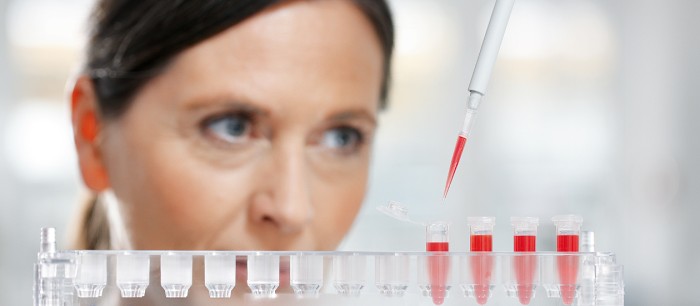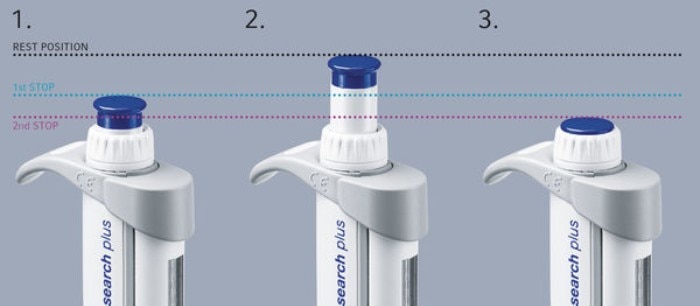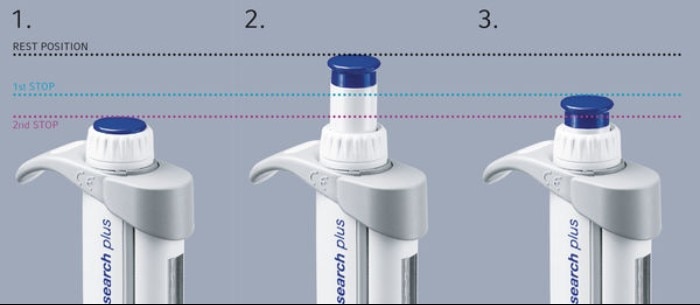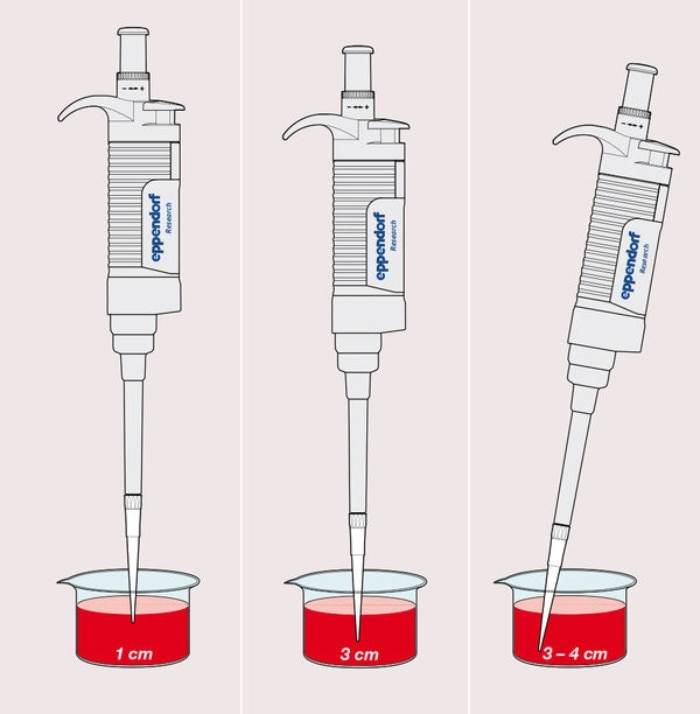MENU
US | USD
US | USD
-
- Benchtop Centrifuges
- Floor-Standing Centrifuges
- Refrigerated Centrifuges
- Microcentrifuges
- Multipurpose Centrifuges
- High-Speed Centrifuges
- Ultracentrifuges
- Concentrator
- High-Speed and Ultracentrifugation Consumables
- Accessories
- Tubes
- Plates
- Device Management Software
- Sample and Information Management
No results found
Search Suggestions

Impact of Pipetting Techniques on Precision and Accuracy
Lab Academy
- Biotechnology
- Pipetting & Dispensing
- Accuracy
- Dispensers
- Pipettes
- Training
- BioNews article
Choosing the correct pipetting technique helps securing the accuracy and precision necessary for reproducible, reliable results. Especially when pipetting small volumes the influence of the pipetting technique can have tremendous effects on the experimental result. Two main techniques exist and each should be applied depending on the sample liquid.
Aqueous liquids can be dispensed using the well-known forward pipetting technique, but dispensing challenging liquids like glycerol, ethanol or BSA solution need a different approach called reverse pipetting. Additionally general considerations like a low immersion depth and a vertical pipetting angle must be taken into account. Learn about proper pipetting techniques and their individual advantages in our Userguide. Forward pipetting is the standard technique for most aqueous solutions.
Read more
Read less

Reverse pipetting is recommended for viscous or foaming liquids as well as very small volumes. The blow-out volume is additionally aspirated in the first step and stays in the pipette tip to be discarded.
Read more
Read less

The impact of immersion depth and angle on precision and accuracy is huge. A vertical angle and low immersion depth guarantee the most accurate pipetting result.
Read more
Read less

If you want to read more about the impact of pipetting techniques on precision and accuracy, please download our Userguide here!
Read more
Read less
Read more
Read less
Videos not loading, because cookies have been rejected. Change your

